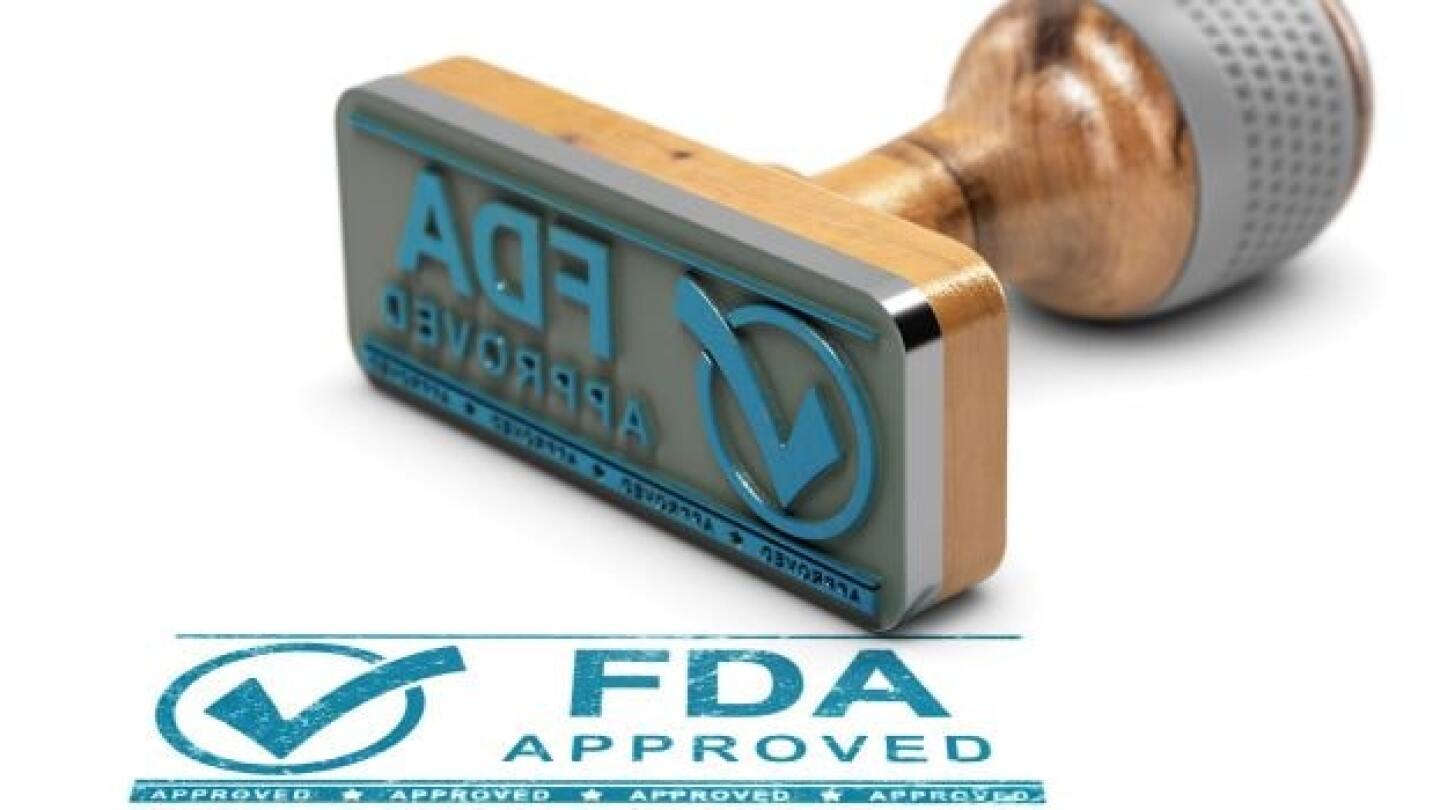News
Compounded versions could make up as much as 40% of the semaglutide market, said Novo Nordisk CEO Lars Fruergaard Jorgensen on Thursday, but the company hopes to win patients over.
FEATURED STORIES
The EPIC Act has been proposed with bipartisan and industry support to give small molecule drugs the same protection against price negotiation as biologics, but concerns over how to balance the federal budget could prevent a short-term fix to the IRA.
Around 25 companies have gone public this year, most of them in the early months. Most have tumbled from their original offer price.
By far, the largest acquisition of 2024 was Novo Holdings’ yet-to-be-closed buyout of manufacturer Catalent at $16.5 billion. Outside of that, the leading pharmaceutical companies kept to less than $5 billion per deal.
Job Trends
Intern alumni from Moda Health and Novo Nordisk Inc. join forces with the AMCP Foundation for a groundbreaking Health Disparities research internship, appointing Daria Sinclair, a PharmD Candidate at Howard University, College of Pharmacy, as the inaugural intern.
FROM OUR EDITORS
Read our takes on the biggest stories happening in the industry.
In a recent BioSpace LinkedIn poll, nearly half of respondents predicted the job market won’t turn around until 2027 or later. It’s easy to see why people are skeptical, especially when you consider recent hiring activity and layoffs.
THE LATEST
The molecular glue space has attracted several Big Pharma players over the past few years, including Novo Nordisk, Pfizer and Novartis.
The search for a partner for zerlasiran is ongoing, according to Silence. In the meantime, the biotech will focus its resources on divesiran, which it is testing for polycythemia vera and other hematologic indications.
Mission Therapeutics is down to its clinical assets MTX652 and MTX325, which work by disabling a key enzyme that interferes with the cell’s normal process of removing faulty or dysfunctional mitochondria.
The licensing deal follows years of controversy for Cassava, as well as the high-profile late-stage failure of its Alzheimer’s disease drug simufilam.
While at SCOPE 2025, Sam Srivastava, CEO at WCG Clinical discusses the challenges and responsibilities of the life sciences industry in building public trust amidst growing anger towards healthcare.
ITF, IntraBio and Orchard are among the companies that have won FDA nods in the past year for Duchenne muscular dystrophy, Niemann-Pick disease type C, metachromatic leukodystrophy and more.
As it did during the COVID-19 pandemic, mRNA technology offers an efficient way forward in developing products for diseases that lack approved treatments.
The companies were two years into a four-year, $400 million agreement aimed at developing and marketing gene therapies together.
One of the lowest paid CEOs in pharma—and one of the only woman leading a top-tier giant—is set to receive up to $27.2 million in 2025.
As they navigate a competitive job market, biopharma professionals are making four key interview mistakes, according to two talent acquisition experts. They discuss those errors and offer tips for how to get those critical conversations right.

















